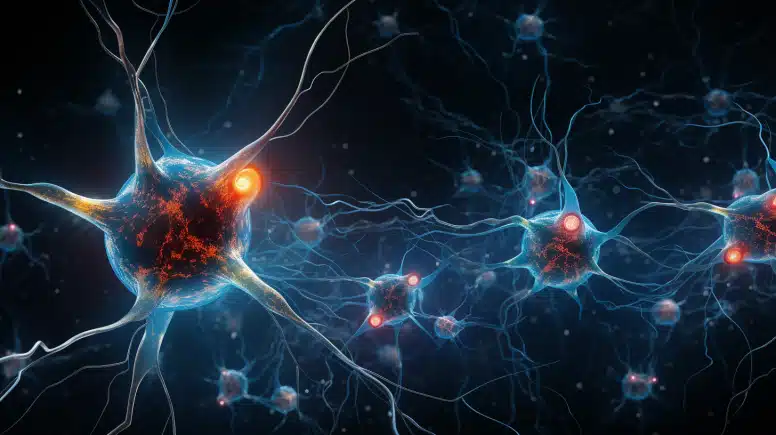Brain Gene Editing with CRISPR-Cas9 RNPs as Non-Viral Vector Alternative in Mice (2023 Study)
CRISPR-Cas9 technology, a powerful tool for gene editing, has made significant strides in therapeutic applications, especially within the central nervous system (CNS). A recent study highlights the potential of non-viral delivery of CRISPR-Cas9 ribonucleoproteins (RNPs) into the mouse striatum, offering a promising alternative to viral vector-based delivery. Highlights: Non-Viral Delivery of CRISPR-Cas9: The study focuses …






